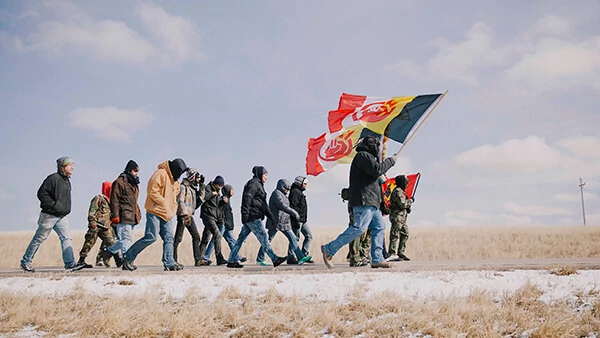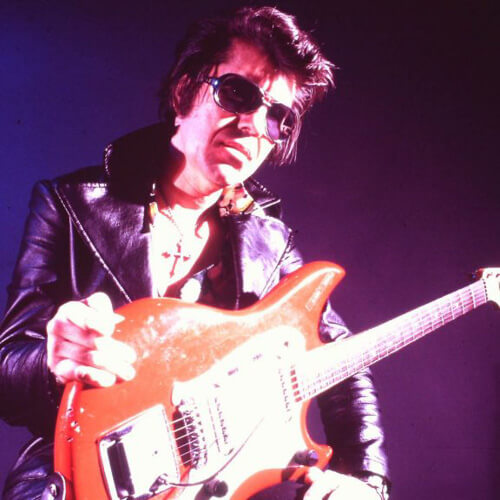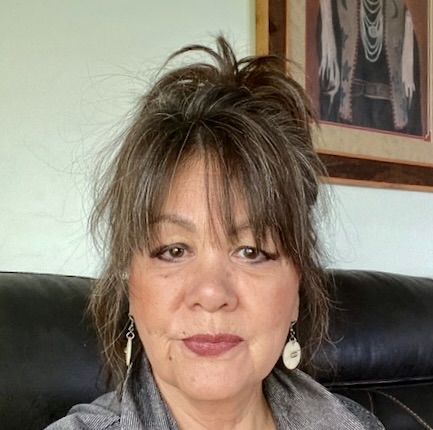Native American and Alaska Native Heritage Month
Returning home Through Togetherness
From our Leadership
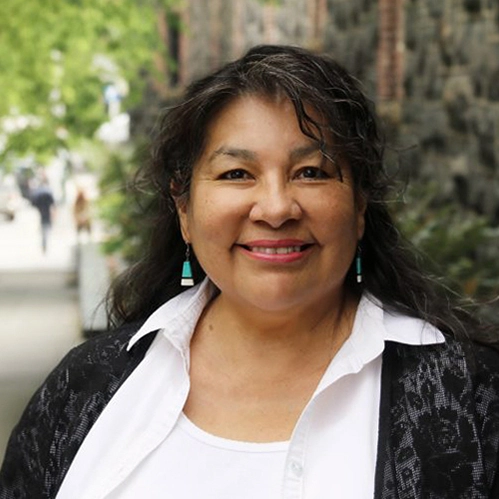
Vision Maker Media Executive Director,
Francene Blythe
Home can be a location, culture, community, family, or a deep feeling of connection.
Loss of home can be a distressing experience. We anxiously wait, pray, participate in ceremony, worry and grieve while the person, sacred item, or place is gone, missing, removed, taken, stolen, absent. We dream and fantasize of the return to family, friends, and community— to the “home.”
In our Native cultures, we have faced many atrocities since invasion, which began the loss of everything. Yet today in spirit, beliefs, practices and thoughts, we retain hope that the missing will return home. Some actively fight for the return to culture, family, and community. Some wait and pray for the return. Some mourn because we know the return home will not be possible.
I have heard many folkx, both Indigenous and non-Indigenous alike from around the world, speak of their homes. For some, home represents the closeness of their family and for others it’s the homeland. Many shared that ingrained within their soul and spirit is a yearning for, a sense of, or an understanding of the cultural roots that binds them to their sense of home.
Our Native culture, knowledge, gathering, spirit, ceremony, and wisdom helps carry us through the journey, the belief, and the hope of returning home. Our cultural connection to home helps us endure, hope, pray, practice ceremony, and believe that the absent one will someday return home. Even if we have to fight against others for their return, we will fight. We know that a return home completes our community. We celebrate and rejoice the return home with reception, and for the future hopes and dreams the return can bring. We express gratitude and happiness that what was gone has returned.
Returning home is not always easy, nor is a return home always met with fanfare. Nonetheless, our connection to home in our Native culture, engages our spirit to practice our ceremony, which joins our humanity to the place of belonging that we call home.
In our programs for November, we share stories about warriors, boarding school children, loss and death. As warriors, the fight to safeguard and return home keeps us persevering. As children, when removed from the home—whether through boarding school or foster care forced removals—the memory of home keeps us hopeful that we will reunite someday. For the missing and departed, we pray for their return. Home is in our spirit and returning home through togetherness remains the hope.
PBS Chief Programming Executive and General Manager, General Audience Programming,
Sylvia Bugg
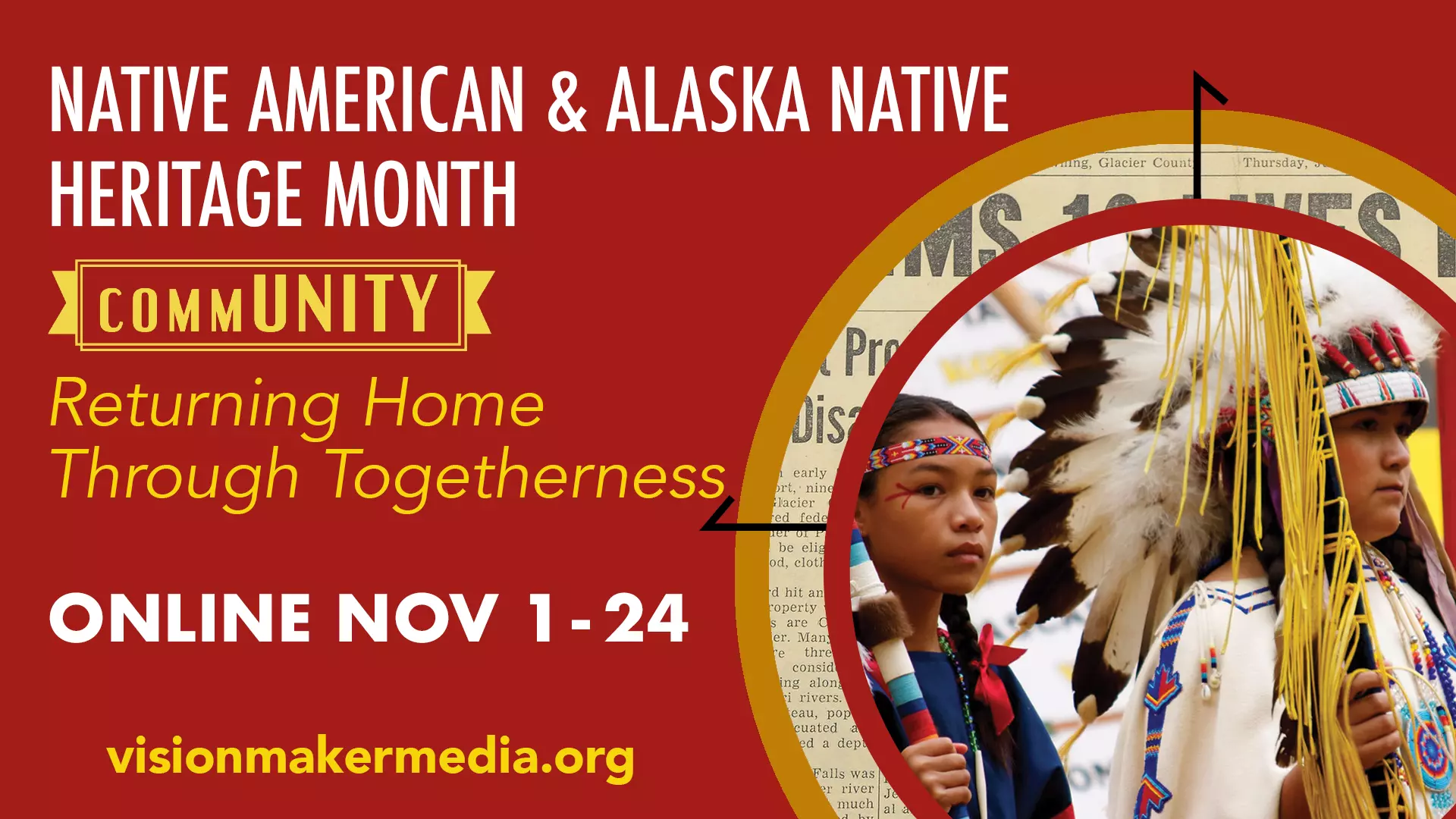
Film Premieres and Rebroadcasts
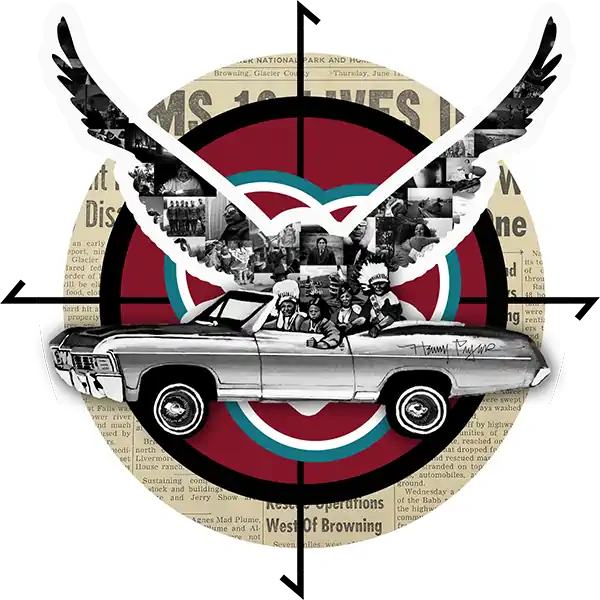
Commemorating Veterans
"Under the Battle Tipi: The Kiowa Black Leggings Warrior Society"
Streaming Short Film Series
Virtual Panels
"Returning Home Through Togetherness:
What Does it Mean to Be a Warrior"
November 11, 2021 | 6 PM CT
The “Returning Home Through Togetherness: What Does It Mean to Be a Warrior” panel is now available on-demand!
At the November 11th panel, Native veterans who are members of warrior societies discussed their roles and responsibilities as providers and defenders of their tribe, community, and culture.
View the original event page below, or click the video to the right and watch the panel now.
Presented in Partnership with World Channel and America Reframed
"Returning Home Through Togetherness:
Healing from Historical Trauma
November 17, 2021 | 6 PM CT
In recognition of Native American and Alaska Native Heritage Month, join Sandy White Hawk (Sicangu Lakota), Anitra Warrior (Ponca Tribe of Oklahoma) and Drew Nicholas for a panel discussion exploring the effects of historical trauma endured by the Native American community in boarding schools and through adoption and repatriation with excerpts from America ReFramed films. Moderated by journalist and media critic Jenni Monet (Laguna Pueblo) and presented in partnership by WORLD Channel, America ReFramed and Vision Maker Media.
Visit the WORLD Channel and America ReFramed pages for more Native American and Alaska Native Heritage Month programming all month long using the buttons below.
Sign up for our newsletter
VMM news and events, all in one place.
Help us keep these events free!

